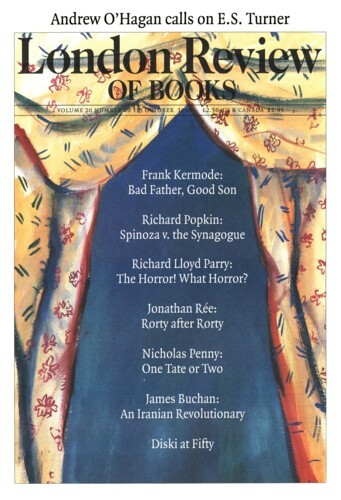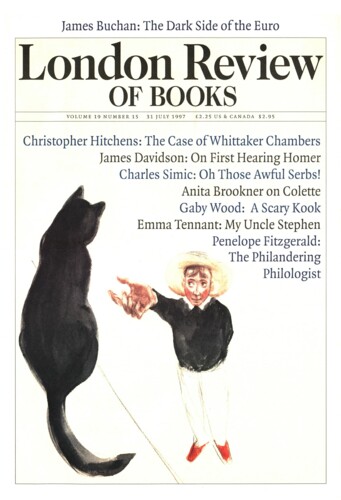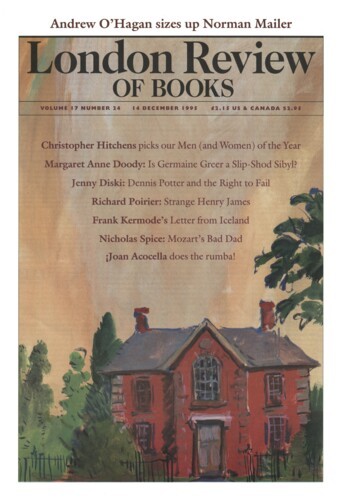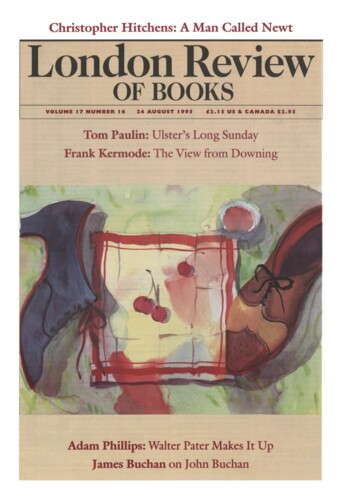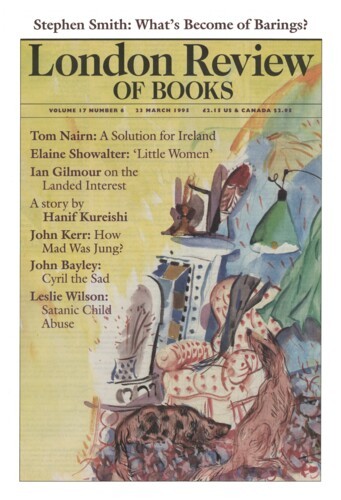Still Smoking: An Iranian Revolutionary
James Buchan, 15 October 1998
Some time in the middle of the Seventies in Iran, a Marxist revolutionary named Bizhan Jazani warned from prison against an appeal to religion in the struggle against the Shah. ‘This attempt to revive religion,’ he wrote, ‘is highly dangerous for it could play into the hands of the reactionary clergy.’ Jazani suffered the fate of Cassandra. For that, approximately, is what happened in Iran. The Muslim insurgents known as the People’s Mujahedin, Mehdi Bazargan and Ali Shari‘ati, the subject of the biography under review, made Islam palatable to a generation of young Iranians and thus delivered them up to a clergy with a long list of unfinished business. To borrow a phrase from another revolution, they were the useful idiots of Ayatollah Khomeini.‘
